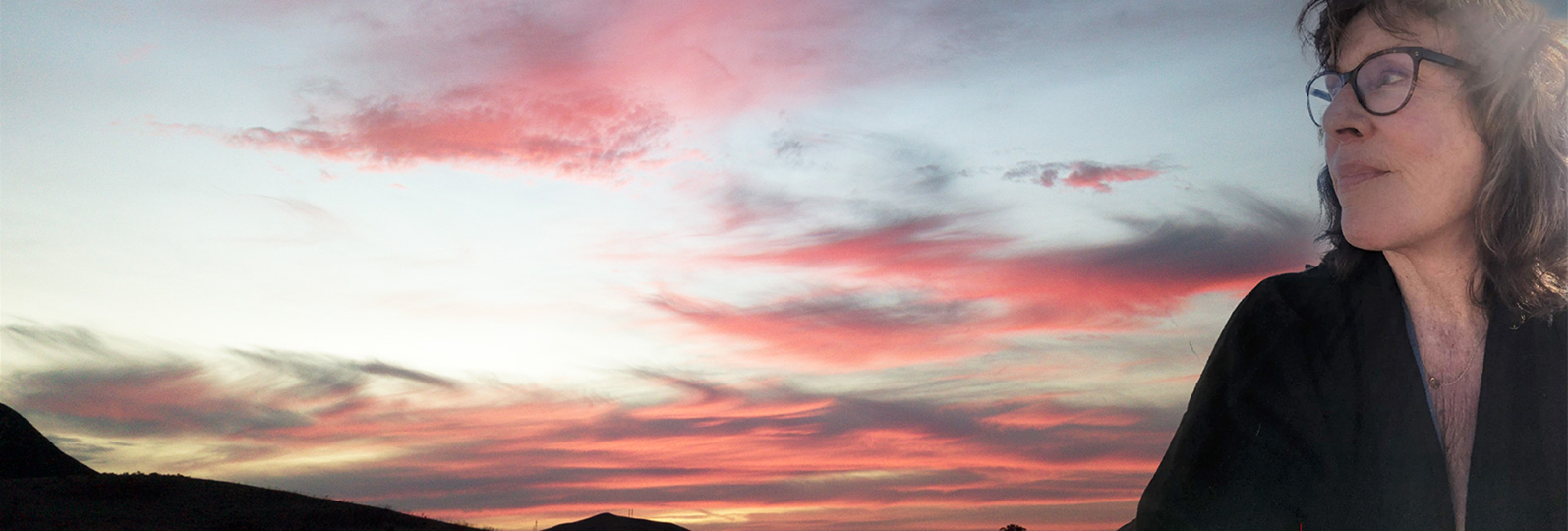Mary Becker

Mary Becker (b. 1943 US/CA) began exploring fiber arts in her early 20s. As needlework methods and techniques changed in the 1960s, Becker sold her embroidery design kits to needlework companies Bucilla and Paragon. She also taught classes in embroidery, soft sculpture, off-loom weaving, reverse applique, and quilting all over Los Angeles. When she divorced in the 70s and found herself supporting her two small children, Becker began creating life-sized, soft sculpture figures and worked regularly with decorators. She also designed and made a collection of small, soft sculptures sold in gift shops across the United States. In 1981, an interview with Disney pointed her to Ken Forsee, the developer of walk-around character technology. She joined his garage start-up Alchemy as a fabrication artist. She began building walk-around costume characters for the new Disney Channel. Alchemy introduced talking toy technology in 1984 with Teddy Ruxpin.
As a professional designer for Disney, Jim Henson, Hasbro, Charles Shultz, Wicked Cool Toys, and Alchemy II, Becker was a product designer for talking toys, walk-around costume characters, and children's audiobook productions for twenty years. Line extensions for Intellectual Properties included Mickey Mouse, The Muppets, Talking Mother Goose, Snoopy, and Teddy Ruxpin. She served as president of Alchemy II for 11 years. She is currently the license manager for Teddy Ruxpin.
Becker returned to her own artwork in her 60s. A self-taught assemblage artist, she begins with an inspiring image or theme and moves into the serious and wonderful work of taking that imaginative spark into the material world. Working with her hands is necessary for her happiness. Becker’s best days are in a studio filled with color and chaos, time and thoughtfulness. Unapologetically lush, tactile, and many-layered, Becker uses antique and vintage textiles, jewelry, china, Milagros, bits, pieces, and magpie collections from many cultures in her assemblages. Fragments of handwork from weavers, lace makers, jewelers, painters, quilters, and embroiderers layer her artwork. She loves editing their artwork into her own, bringing together the generations of artists before who made beautiful things. Currently, Becker is an artist with Los Angeles Experimental Artists (LAEA) and teaches mixed media workshops.
Created between 2016 – 2022, Becker’s collection Finding True North is a combination of all her values, all her beliefs, all her purpose. Becker finds sanity in her ability to make art. It is her calling, her True North. Her artwork is the needle that points her in the right direction. At the beginning of the pandemic, Becker found herself creating assemblages of children and animals wearing colorful masks. Pandemic babies all dressed up with no place to go! While in quarantine, she began researching historical pandemic-wear. Scenes with quirky figures wearing the strange bird-like gear the plague doctors wore popped out. These were followed by dozens of amulets of plague masked figures protected by charms & religious imagery. Deep into Covid, Becker began to despair. Her making darkened into creatures with extremely elaborate pandemic masks. Alone or in groups, her sculpture series "The Last Stand" grappled daily with survival as victims perished all over the world. In addition to her sculpture, Mary Becker: Finding True North featured three detailed collages titled “There’s a Hole in Heaven”. This triptych depicts a world in which good is leaving and evil is entering. The Egyptian Sky Goddess protects the self-involved people enchanted with themselves, ignoring the hole in heaven.
As life slowly returned to normal, Becker was reminded of Venus rising from the sea. Her assemblages, "Two By Two" and "Coming Up for Air", were inspired by the Sailors’ Valentines of the 1830s to early 1900s. Elaborate, symmetrical mosaics crafted from seashells, sailors often purchased them from the tourist trade in Barbados (also their last port of call) or constructed their own to possess secret letters of love. Becker constructed her valentines using antique holy water fonts, mostly from 1800 Germany, antique handmade lace & embroidered appliqués, and ocean seashells. They are joyful expressions of survival and getting on with what lies ahead. Holy water is healing and purifying and pervades every religion and most cultures. For Becker, this is a symbolic connection. The world religiously washed its hands for a year and a half. Tiny assemblage figurines, coming up for air after a long year of plague, grace Becker’s valentines. Becker sees them as sea gods lending a helping hand as we all made way for the surface.
![]() View images from Mary Becker's 2021 exhibition, Finding True North.
View images from Mary Becker's 2021 exhibition, Finding True North.












